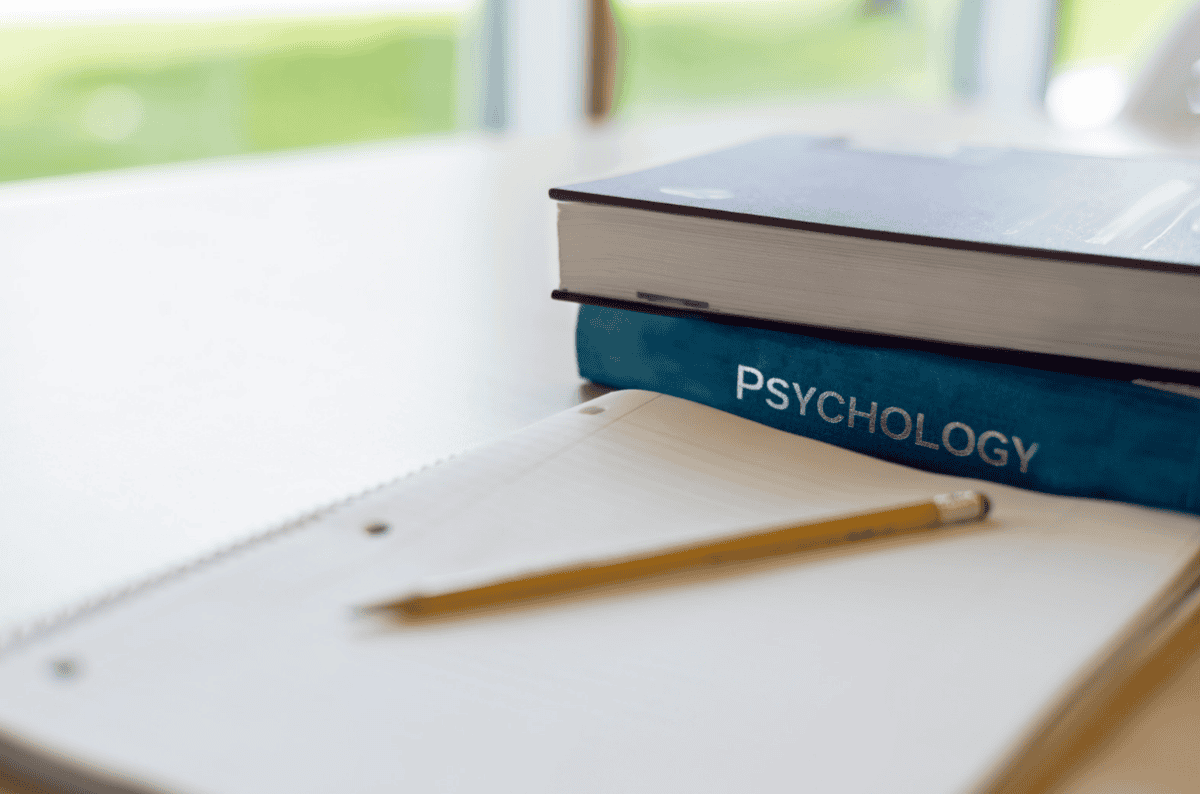Writing a psychology paper can be a challenging task, one that makes students seek out a professional psychology paper writing service and ask its experts for help. However, it is an essential skill to have.
Psychology papers require a unique approach, as they often involve analyzing human behavior, cognition, and emotions. Whether you’re writing a research paper, a literature review, or a case study, it’s crucial to avoid common mistakes that can undermine the quality and effectiveness of your work.
The Importance of Writing a Strong Paper
Writing an engaging psychology paper writing is essential for several reasons:
- Credibility: Producing a well-written, error-free paper helps establish your credibility as a psychology student or researcher.
- Understanding: Clearly communicating your ideas and findings ensures that your audience can fully comprehend the content of your paper.
- Grades: In academic settings, avoiding common mistakes can significantly impact your grades and overall performance.
- Professional Development: Developing strong psychology paper writing skills can benefit your future academic and professional endeavors.

Common Mistakes to Avoid in Psychology Paper Writing
1. Lack of Clarity in the Thesis Statement
Your thesis statement is the foundation of your paper, as it outlines the central argument or purpose of your work. Ensure that your thesis is clear, concise, and specific, providing a clear direction for the rest of your paper.
2. Inadequate Research and Referencing
Thorough research and proper referencing are essential in psychology paper writing. Ensure that you consult a diverse range of reliable sources, such as academic journals, books, and reputable websites. Correctly cite your sources using the appropriate referencing style (e.g., APA, MLA, or Chicago).
3. Poor Organization and Structure
Effective organization and structure are crucial for a well-written psychology paper. Develop a clear outline, with an introduction, body paragraphs, and a conclusion. Ensure that your paragraphs are coherent and that your ideas flow logically from one to the next.
4. Grammatical and Spelling Errors
Proofreading your work for grammatical and spelling errors is essential. Poorly written papers can distract the reader and undermine the credibility of your work. Use spell-check tools, and consider having a peer or professor review your paper for any errors.
5. Plagiarism
Plagiarism, the act of using someone else’s work without proper attribution, is a serious offense in academic writing. Ensure that you properly cite all sources used in your paper and that your work is original.
Tips for Effective Psychology Paper Writing
To avoid these common mistakes and produce a high-quality psychology paper, consider the following tips.
- Start with a Clear and Focused Thesis Statement:
- Clearly articulate the central argument or purpose of your paper.
- Ensure that your thesis statement is specific and can be supported by the evidence in your paper. Don’t be afraid to change it later if the initial direction of your writing takes a sudden shift.
- Conduct Thorough Research and Cite Sources Properly:
- Consult a diverse range of reliable sources, including academic journals, books, and reputable websites.
- Use the appropriate referencing style (e.g., APA, MLA, or Chicago) to cite your sources accurately. Always mention where a direct quote came from.
- Organize Your Thoughts and Create a Logical Structure:
- Develop a clear outline with an introduction, body paragraphs, and a conclusion.
- Ensure that your paragraphs are coherent and that your ideas flow logically from one to the next.
- Proofread Your Paper for Grammar and Spelling Mistakes:
- Use spell-check tools and consider having a peer or professor review your essay.
- Carefully check for any grammatical or spelling errors that could hurt your credibility and make your essay hard to read.
- Use Plagiarism Detection Tools to Ensure Originality:
- Utilize plagiarism detection software to identify any instances of unintentional plagiarism.
- Ensure that you properly cite all sources used in your paper.
Recommended Resources for Improving Psychology Paper Writing Skills
If you’re looking to improve your psychology paper writing skills, consider the following resources:
- APA Style Guide: The Publication Manual of the American Psychological Association (APA) provides comprehensive guidelines for formatting and structuring psychology papers.
- Online Writing Tutorials: Numerous online resources, such as Purdue OWL and The Owl at Purdue, offer free tutorials and guides on effective academic writing techniques.
- Writing Center or Tutoring Services: Many universities and colleges offer writing center services or tutoring programs to help students improve their writing skills.
- Peer Review: Asking a classmate, professor, or writing tutor to review your paper can provide valuable feedback and help you identify areas for improvement.

Psychology Paper Writing – FAQ
How important is it to have a clear thesis statement in a psychology paper?
A clear and focused thesis statement is essential for a well-written psychology paper. Your thesis statement should clearly articulate the central argument or purpose of your paper, providing a roadmap for the rest of your work.
What are the consequences of plagiarism in a psychology paper?
Plagiarism is a serious offense in academic writing and can have severe consequences, such as failing the assignment, being expelled from the academic institution, or facing legal action. It is crucial to properly cite all sources used in your psychology paper to avoid any instances of plagiarism.
How can bullet lists improve the organization and readability of a psychology paper?
Bullet lists can be highly effective in organizing and presenting information in a psychology paper. They can help you break down complex ideas or arguments into easily digestible points, making your paper more visually appealing and easier to read. Bullet lists can also be used to highlight the most important concepts or arguments, enhancing the overall clarity and impact of your work.
What are some common mistakes to avoid when using bullet lists in a psychology paper?
When using bullet lists in a psychology paper, it’s important to avoid making the bullet points too lengthy or overly detailed. Maintain a consistent format, such as using the same font size, style, and punctuation. Ensure that your bullet lists flow naturally with the rest of your paper and help to emphasize the key points or arguments you’re making.


